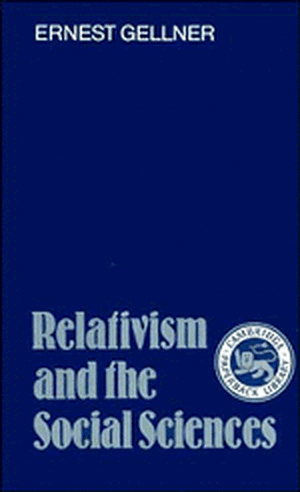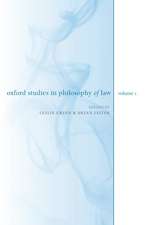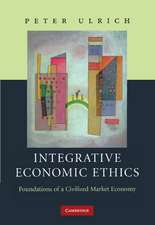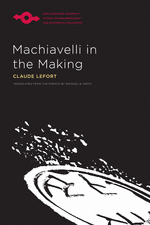Relativism and the Social Sciences
Autor Ernest Gellneren Limba Engleză Paperback – 25 feb 1987
Preț: 317.24 lei
Nou
Puncte Express: 476
Preț estimativ în valută:
60.72€ • 65.98$ • 51.04£
60.72€ • 65.98$ • 51.04£
Carte tipărită la comandă
Livrare economică 21 aprilie-05 mai
Preluare comenzi: 021 569.72.76
Specificații
ISBN-13: 9780521337984
ISBN-10: 0521337984
Pagini: 212
Ilustrații: 1
Dimensiuni: 138 x 216 x 17 mm
Greutate: 0.26 kg
Ediția:Reprint
Editura: Cambridge University Press
Colecția Cambridge University Press
Locul publicării:Cambridge, United Kingdom
ISBN-10: 0521337984
Pagini: 212
Ilustrații: 1
Dimensiuni: 138 x 216 x 17 mm
Greutate: 0.26 kg
Ediția:Reprint
Editura: Cambridge University Press
Colecția Cambridge University Press
Locul publicării:Cambridge, United Kingdom
Cuprins
Editorial preface I. C. Jarvie and J. Agassi; Introduction; 1. Positivism against Hegelianism; 2. The gaffe-avoiding animal or a bundle of hypotheses; 3. Relativism and universals; 4. The scientific status of the social sciences (und leider auch Sociologie); 5. What is structuralism?; 6. No haute cuisine in Africa; 7. Concepts and community; Sources; Bibliography; Name index; Subject index.
Recenzii
'Gellner writes with a razor. His first essay on positivism and hegelianism … is simply brilliant.' The Times Higher Education Supplement
' … one of the pleasures of reading Gellner is just that he always finds a more apt phrase, a sharper comment, a better example than most of us could make up for ourselves.' New Society
' … one of the pleasures of reading Gellner is just that he always finds a more apt phrase, a sharper comment, a better example than most of us could make up for ourselves.' New Society













